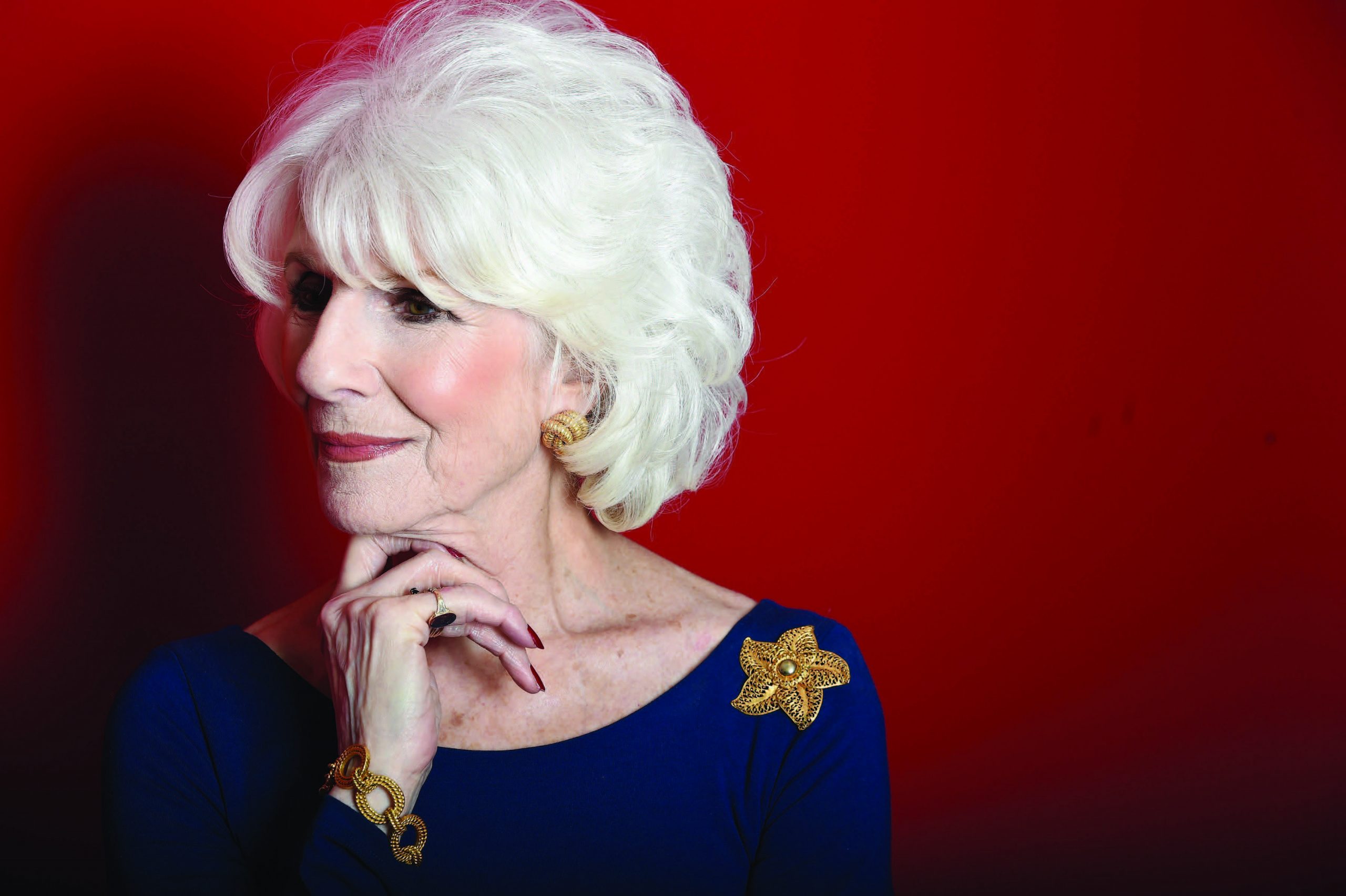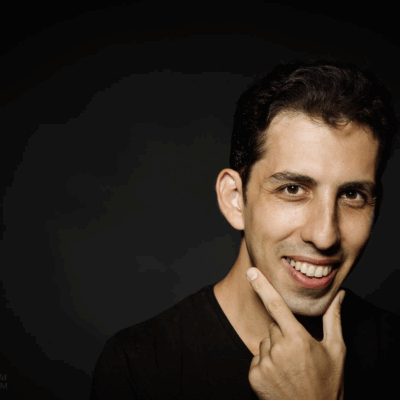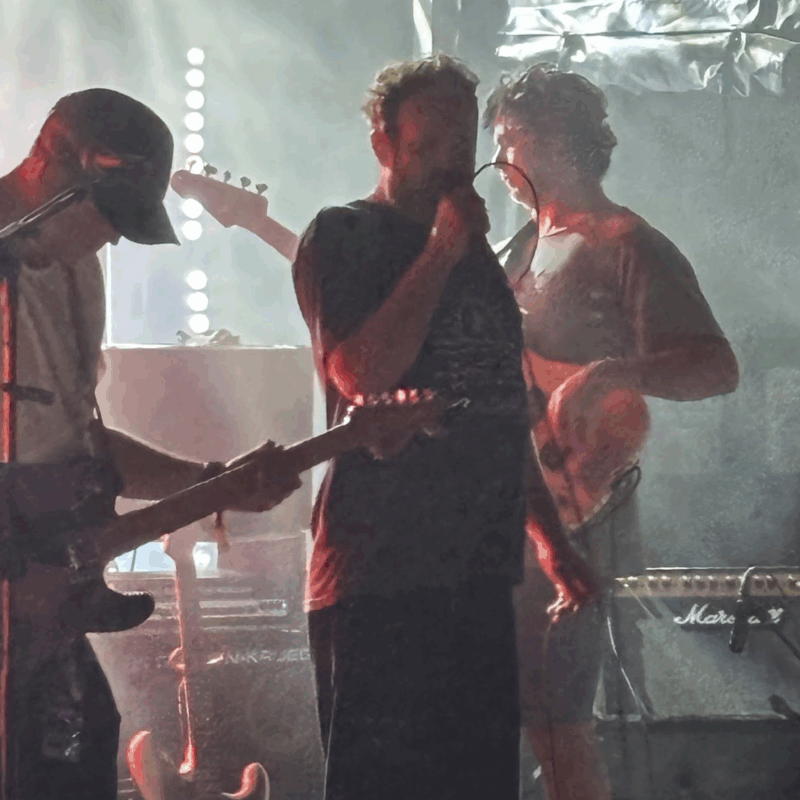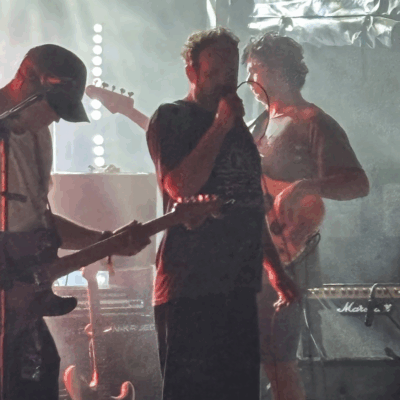Longtime NPR host Diane Rehm is arranging flowers as she talks about death.
Rehm became involved in the right-to-die movement after watching her husband of 54 years die from Parkinson’s disease. John Rehm could no longer stand, walk, or eat by himself, but his Maryland doctor said there was nothing he could do to hasten the inevitable. John’s only option: to refuse food and water until he died 10 days later.
“I sat by my husband’s side as he slowly died,” Rehm testified before the Maryland General Assembly in 2019. “Watching John in those last 10 days of his life made me angry. Why did our laws infringe upon an individual’s decision to peacefully die when dying was inevitable within a few months?”
In 2016, director Joe Fab contacted Rehm. “He says he was stalking me,” laughs Rehm. “He waited for me to announce I was giving up my daily show.” Fab asked if she’d be interested in doing a documentary on the right to die.
Her response: “You bet I would.”
The documentary, When My Time Comes, will be screened at the Paramount on July 15, with Rehm on hand for a conversation afterwards.
Despite Rehm’s strong feelings that end-of-life decisions should be made by the person dying, she approached the documentary as a journalist. “As a talk show host for 37 years, my role was always to hear all sides of an issue, to question, to listen, to spur the discussion on, but never to put anyone down because of their ideas,” she says.
“I went into it feeling as if I’d like to learn why there are such strong feelings on both sides,” she says. “I really wanted to understand better. I heard sincere religious, ethical, compassionate views as to why people felt so strongly against it and also why they were so much in favor.”
She is adamant that medical aid in dying is not suicide.
“The whole idea of suicide is that you commit it because you no longer want to live,” says Rehm. “People in favor of medical aid in dying—they all want to live.”
She talked to a woman in the film who was dying from breast cancer. “She said, ‘If I had my druthers, I’d live to be 90, but I know I’m dying. I don’t want my children to see me suffer.’” The woman didn’t want her 13-year-old son to experience what she did watching her own mother die. “She said, ‘That’s not suicide. I want to live,’” recounts Rehm.
Another misperception she encountered was the idea that “somehow people are being forced into this, when in fact it takes a lot to accomplish this.”
Medical aid in dying is now legal in 10 states—Virginia is not one of them—and the District of Columbia. The laws require the person seeking aid to make two requests and to be approved by two doctors, says Rehm. Some states require a psychiatric exam to be certain the person is of sound mind.
“This is no spur-of-the-moment decision,” she says. “This has to be decided within six months of death. In some cases, the patient, who is very ill, who has had all kinds of treatment—all kinds of chemotherapy, radiation therapy—has tried to stay alive. They don’t want to die. They have suffered physically and emotionally. They are really, really ready to go. That’s the difference between suicide and medical aid in dying.”
Rehm, 84, is leaving nothing to chance with how she’d like her own death to play out. In the documentary, she has her grandson film her. “I tell him exactly what I want,” she says. “I’ve written my plans. I’ve spoken with my doctor.” While doing the film, she changed doctors because her former physician didn’t want to participate in medical aid in dying.
Most states require the person to self-administer medication, which is a problem for people with neurodegenerative diseases like ALS. “In California, the largest number of people who go through medical aid in dying are those with ALS,” says Rehm.
Alzheimer’s disease, the fifth leading cause of death among Americans 65 and older, is another tricky situation. Rehm says she’s fortunate to have no history of that in her family, but she’s already talked to her children. “If I experience early signs of Alzheimer’s, I want to be able to go to Switzerland, which has [nonprofit right-to-die org] Dignitas, which is available for those with Alzheimer’s. I’d make sure I’d go while in the early stages so I could state my own wishes so everyone could know.”
Maryland has not passed medical aid in dying. “I am hopeful,” she says. “The particular time I testified we lost by only one vote. I believe more and more legislators are coming around and hearing the pleas of those who believe medical aid in dying is a right that should be afforded to each of us.
Or as one legislator says in the film: “Each of us is just one bad death away from supporting these laws.”






